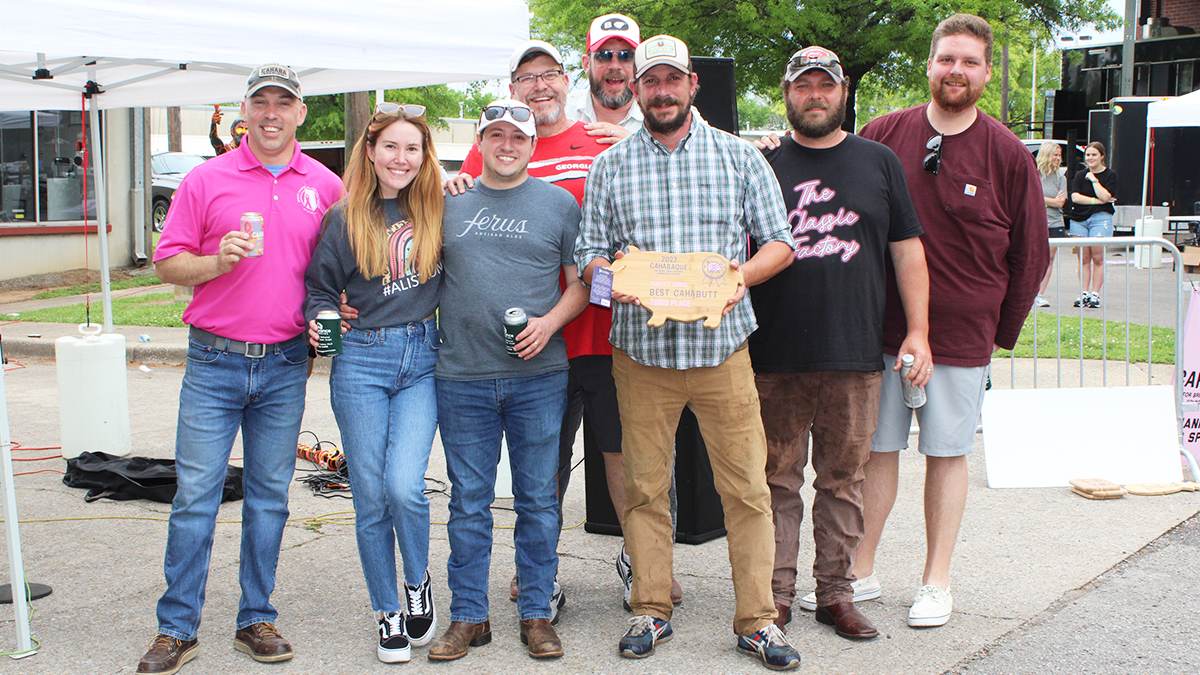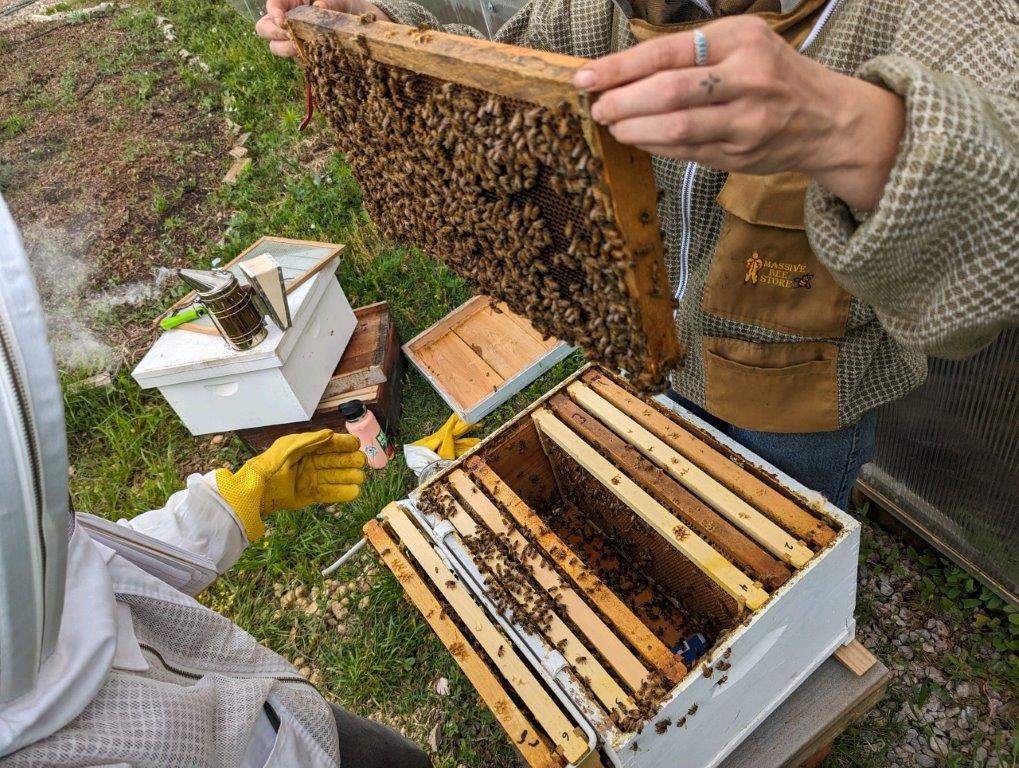Marquette Jones is bringing moviemaking magic to Alabama
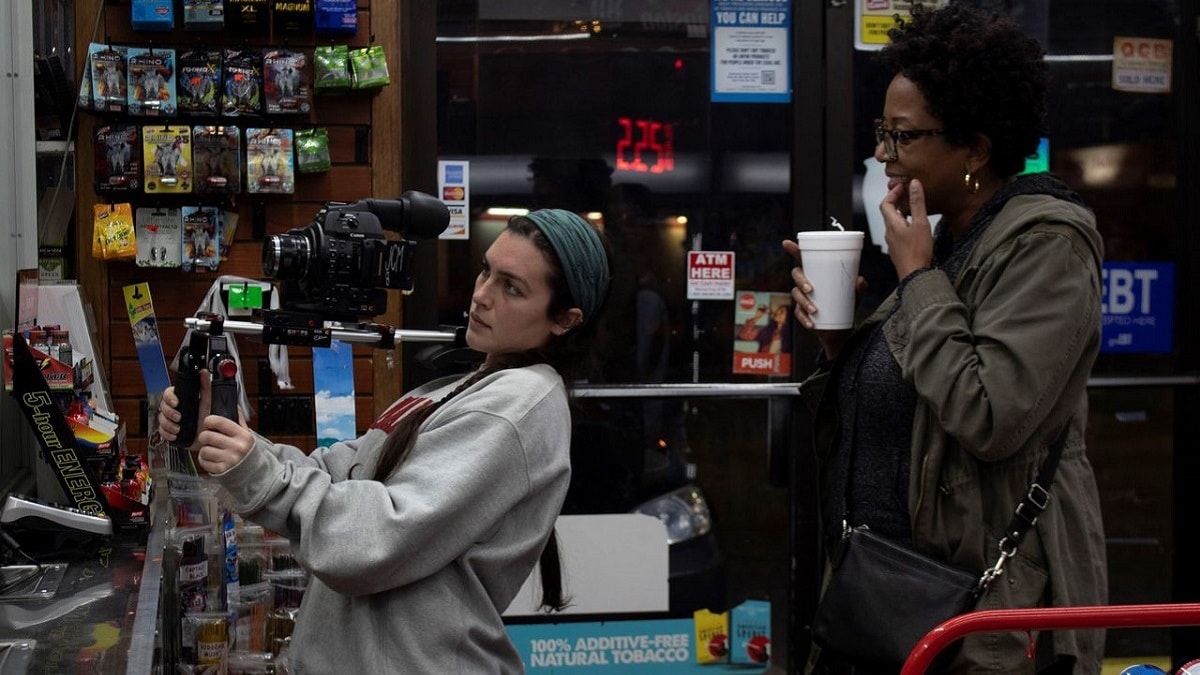
Marquette Jones, right, works on the set of "Ghosted." (AJ Evans)
Marquette Jones wishes her podcast, “Directing Magic,” which focuses on female filmmakers, had been around a decade or so ago, when she was in film school at New York University. She might have felt assured, as the second-oldest person in her class and the only black woman, that everything would turn out OK if she just followed her own path.
Today, Jones pursues her creative projects having the security of a full-time job teaching at the University of Alabama, while living in a great apartment next to the Black Warrior River.
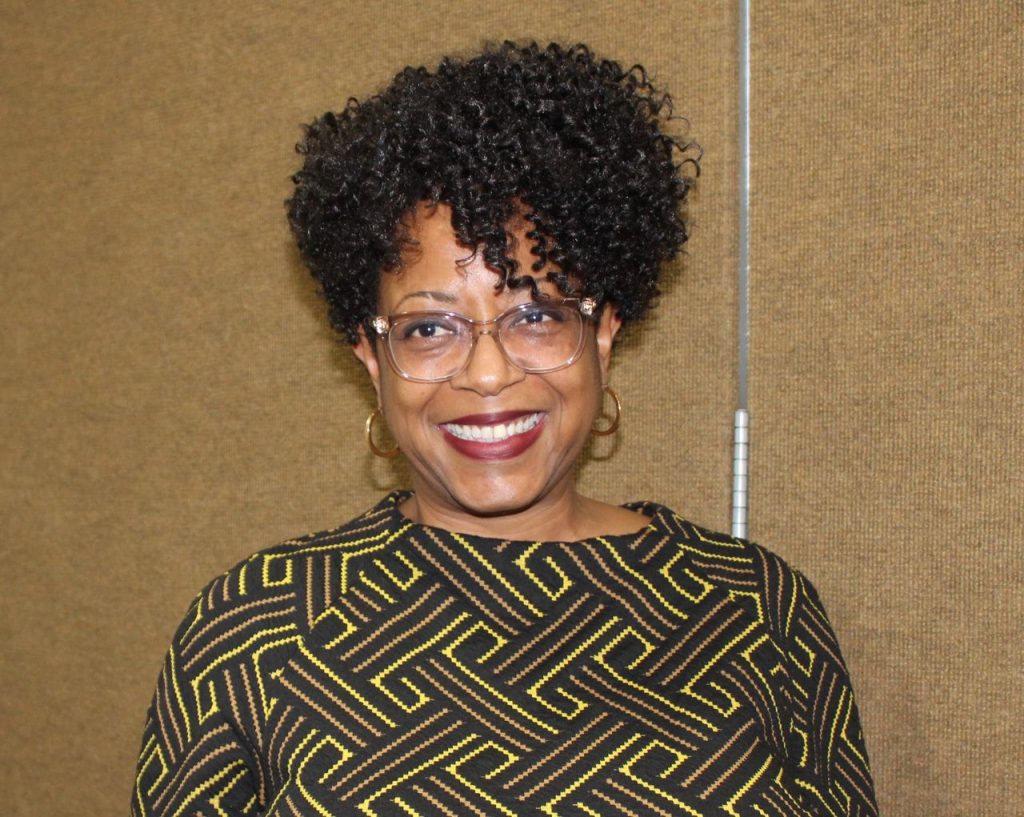
Marquette Jones left a career as a lawyer to become a filmmaker. She teaches at the University of Alabama and hosts a podcast, “Directing Magic.” (Michelle Matthews/AL.com)
She is on the advisory board of a new nonprofit, Women in Film and Television (WIFT) Alabama, which is part of the international organization for women in the film, television and digital media industry. The chapter is headquartered in Mobile, with plans to add branches in Birmingham, Huntsville and Montgomery.
“WIFT is a movement,” she said. “Bringing more diverse voices and perspectives to both sides of the camera is really important.”
Jones moved to Alabama three years ago to teach film production and editing. This summer, she hopes to make a movie in Tuscaloosa with some of her students working behind the camera and on the production crew. “There’s so much natural beauty here,” she said. “I want to take advantage of it.”
She will direct “The Urn,” which she wrote as “kind of a coming-home story” about someone who returns to Alabama to pay their last respects. Jones isn’t sure yet if it will be a short film or feature-length, but she knows it will start at the train station, which she said has a nostalgic look. “I already have it mapped out completely,” she said. “Tuscaloosa has a great mix of new and vintage.”
And that’s not the only project in the works for Jones. She’s actively seeking funding for a feature film she wrote, “After the Jump,” which tells “a magical realism story.” In the film, the main character, Michelle, stands on a bridge, thinking about jumping, when she’s interrupted by a graffiti artist, Phoenix, who takes her on a tour of the street life subculture of Los Angeles.
“After the Jump” is “a little ‘It’s a Wonderful Life,’ a little ‘Nick and Norah’s Infinite Playlist’ and a lot of dope,” according to its website. “It’s a weird combination,” Jones said, “but I want it to be fun, with the grounding element of helping someone realize all the joy that is their life.”
The importance of storytelling
Born in Youngstown, Ohio, Jones grew up loving movies and books. “Watching old films with my grandmother was a thing we did regularly,” she said. She remembers making frequent trips to the library for more books to read. “Storytelling was important in my childhood.”
But she never considered becoming a writer or filmmaker. Her family urged her toward a more practical profession. After graduating from the University of California at Berkeley, she went straight to law school and worked for a few years in the Bay Area as a public interest attorney. But she found that she was more interested in her clients’ stories than in her advocacy work.
When she enrolled in a screenwriting class at a community college, it “changed everything,” she said, joking that she suddenly wanted to “join the circus and become a filmmaker.”
“Screenplays feel like large puzzles to put together,” she said. “There’s so much to it – writing, organizing, producing, some legal stuff, too, and you add in the art of it, color schemes, lighting choices, the craft of acting. There’s so much to it. I felt really inspired.”
She applied to New York University’s film and television production graduate program, where Spike Lee taught. “As a youth, he was my favorite director,” she said. “I wanted to be taught by him.”
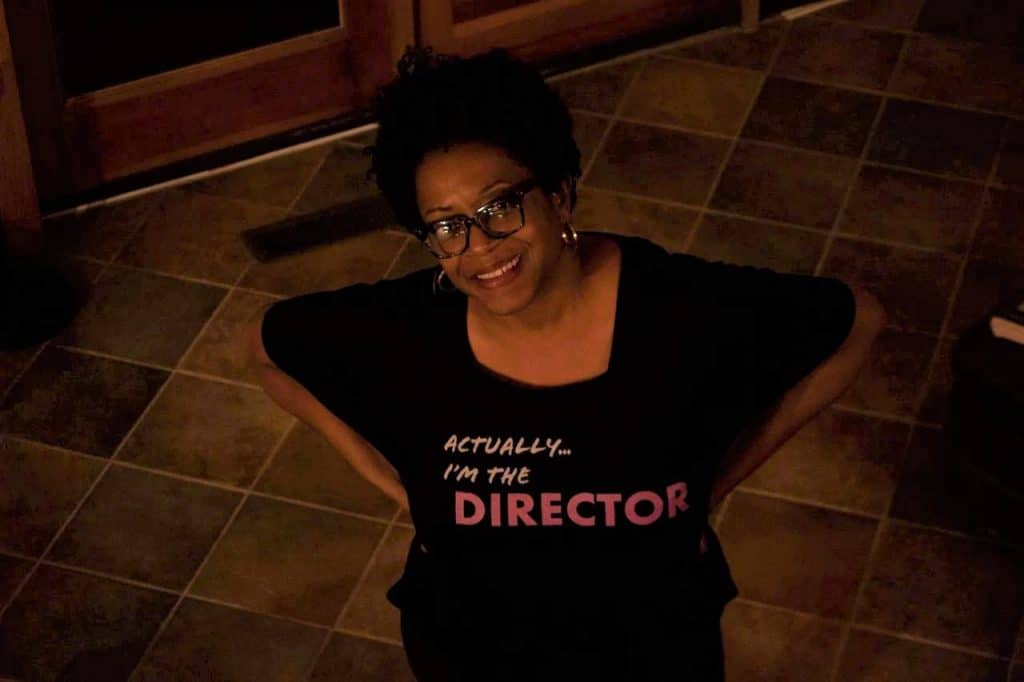
Marquette Jones on the production set of “Ghosted.” (AJ Evans)
It was New York or bust, she said. She applied to only one school, and she was accepted, even though she’d never touched a camera at that point.
She took two of the “Do the Right Thing” director’s classes at NYU, and she worked for him as an intern on his documentary, “When the Levees Broke,” about post-Hurricane Katrina New Orleans.
Her thesis project at NYU was a short film, “Round on Both Sides,” “an homage to growing up in Ohio.” Working on a family drama made her realize she wanted to have more fun with her stories, so her next short film was a dark comedy called “Forgiving Chris Brown.”
The film, which is available on Amazon Prime, gave her an opportunity to focus on some of the things she loves: locations, music and women.
“I had so much fun making it,” she said. In the film, which isn’t actually about musician Chris Brown, three women enact revenge on the ex-boyfriend of one of them who calls herself “Rihanna.”
After several years in New York, Jones returned to Los Angeles, where she decided she “would be in a better position to do the things I wanted to do” if she got a full-time teaching job. She found one at the University of Alabama that “was a good fit for me,” she said.
“My students impact my creativity so much,” she said. “It’s a challenge to understand what they’re consuming, what inspires them to make things.”
Jones believes the advent of streaming services has been a boon to women in the industry. “Netflix, Amazon Prime and Apple need so much content,” she said. “They’re looking to women to fill the needs.”
She referred specifically to “Queen Sugar,” the drama series created by Ava DuVernay, which has “given a lot of directors their first shot at TV directing. That one show has increased the number of women filmmakers so much.”
Her advice for women working in the entertainment industry is to have faith in “whatever keeps you going,” she said – whether that’s yoga, church or whatever. “Trust that. You need that part that keeps your foundation strong.”
Want to read more good news about Alabama? Sign up for the This is Alabama newsletter here.
This story was first published on AL.com.
